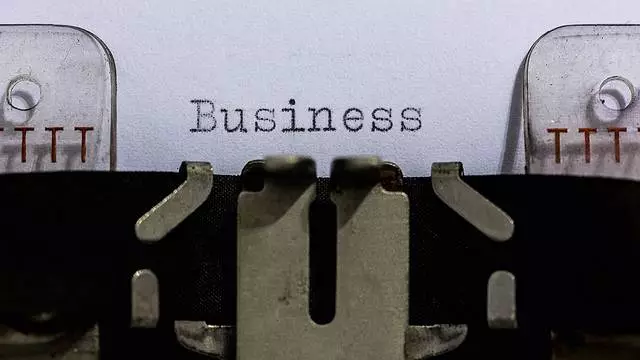
There’s so much more to being a business owner than setting up shop and providing goods and services. It doesn’t matter how good you are at customer service or getting the job done if you’re not well organized or have poor money habits. To be a successful business owner, you need to put an accounting strategy in place. Check out these great tips for how to get your business finances in order.
Get a Business Bank Account
If you haven’t got a separate bank account for your business, you need to get one right away. Tracking your business spending is much more difficult when it’s mixed in with your personal expenses. Your bank can help you set up an account that’s right for your business. Be sure to set up a separate credit card for your business while you’re at it.
Use Accounting Software
Invest in a cloud-based accounting program that lets you track your business finances from any place at any time. Be sure to check out a variety of programs, like QuickBooks or FreshBooks, to find one that suits your business needs. You’ll spend less time organizing your files at year end and save money on accounting fees at tax time.
Claim up to $26,000 per W2 Employee
- Billions of dollars in funding available
- Funds are available to U.S. Businesses NOW
- This is not a loan. These tax credits do not need to be repaid
Send Out Invoices
Invoicing is one of the most tedious parts of being a business owner, but it’s got to be done. If you don’t invoice for the work you do, you won’t get paid. There are lots of great online invoicing programs that make it easy to create, send, and track your invoices. If you’re not getting paid because your clients simply don’t have the funds, try a service like Kabbage that offers financing options for your clients. Kabbage even provides a custom link to its service that you can add to your invoices to get paid faster.
Prepare for Tax Time
It should come as no surprise that you have to pay your taxes each year. Still, it’s not uncommon for businesses to fall short of the funds they need. One way to make sure you’re ready when the tax collector comes in April is to set up a tax savings account. Put a portion of the revenue from each payment you receive into the account. You can even ask your accountant for your tax rate so you know exactly how much to set aside.
Set a Budget
There will be times when business is booming. There will also be times when it isn’t. It’s easy to get carried away with spending when you’ve got a lot of cash flow. However, it’s important to plan ahead for times when the money is tight. Set a budget, and use it to help guide your spending decisions. You can adjust it as priorities shift and change, but it helps make sure you always have the money you need when you need it.
It’s important to put a solid accounting plan in place to make sure your business stays afloat for years to come. These handy tips are just a few ideas for how to get your business finances in order.



